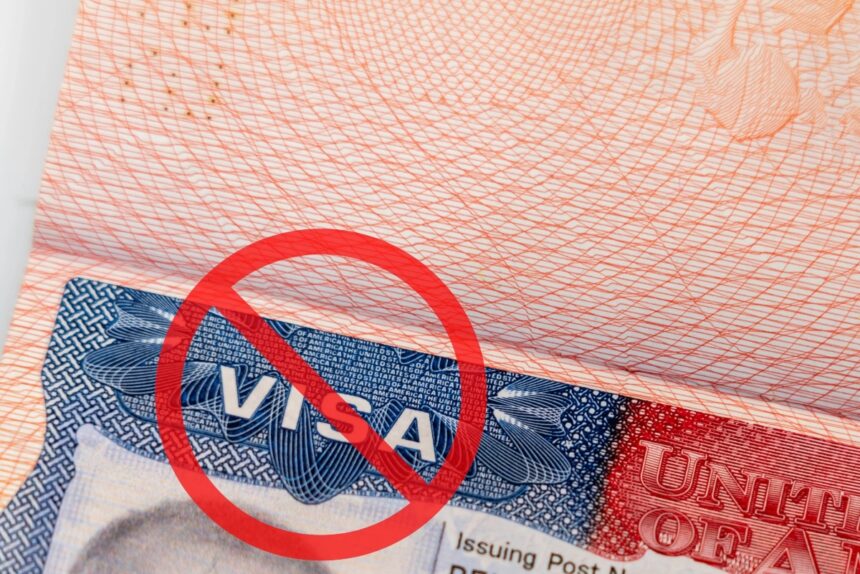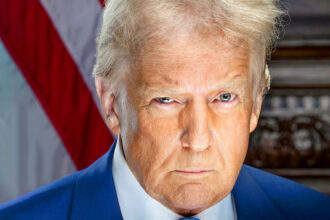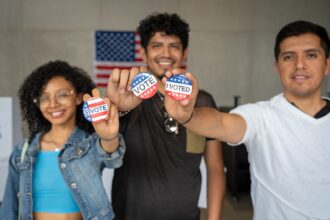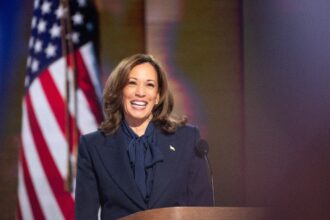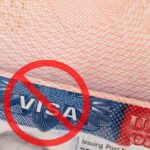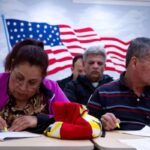Many travelers dream of setting foot on U.S. soil, but a simple slip-up in the process can ruin everything. Visa approval depends entirely on consular officers, who review your record in a matter of minutes. Brent Hanson, a former U.S. consul, shared vital tips on the Double G program for navigating these hurdles. He emphasized that the interview lasts only a minute or two, focusing on your consistency and honesty.
Avoiding mistakes when applying for a visa increases your chances of success, especially in 2025, when the State Department has tightened requirements for greater security. Applicants should prepare the DS-160 form with absolute accuracy, as any inconsistencies generate immediate alerts. Hanson warned that making up details about past travel is a fatal mistake, because officials detect contradictions with follow-up questions. This type of deception creates distrust and leads directly to denial. Instead, being direct and clear in your answers builds credibility from the first second.
Consular interview errors
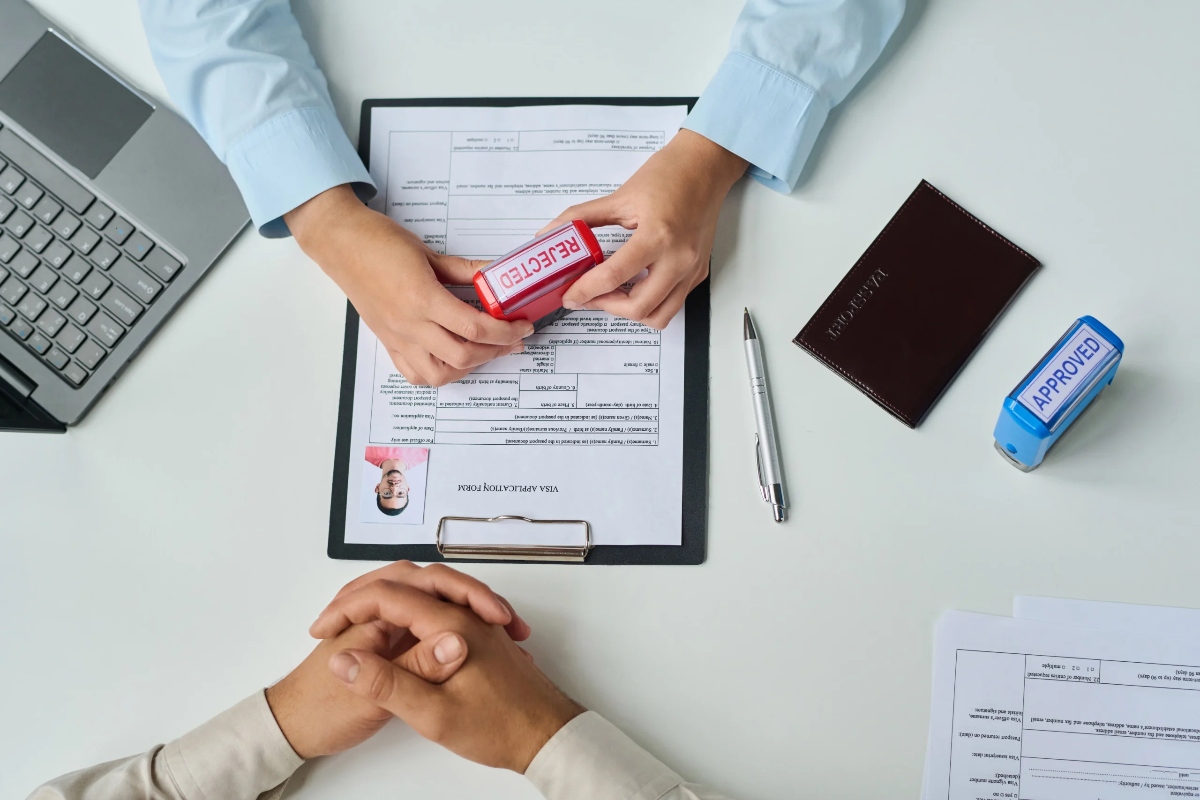
The consular interview is the decisive moment in obtaining your visa, and this is where many people stumble.
Hanson explained that officers do not have time to read lengthy documents during the talk, so focus on verbalizing your case clearly.
A common mistake is to rely too heavily on paperwork, such as letters or bank statements, because only one out of every 100 interviews reviews something like this.
If you carry a bank statement with irregular movements, such as a sudden deposit of five thousand dollars after months of zeroes, that screams “temporary loan” and calls into question your actual creditworthiness.
The State Department classifies these as flash deposits, which may block not only the current application, but future ones as well.
Another frequent failure is to show excessive nervousness, which makes the officer doubt your intentions.
In 2025, the DS-160 form requires the confirmation number to exactly match your appointment number, a detail that has caused massive rejections since July.
Be prepared by confidently answering questions such as “Why are you traveling?” or “What ties do you have to your country?”.
Honesty about legitimate reasons, such as medical emergencies or family events, always outweighs a stack of papers.
Hanson insisted that the visa is not just about documents; it is about demonstrating that you will return home after the trip.
Documentation and finance: Invisible traps
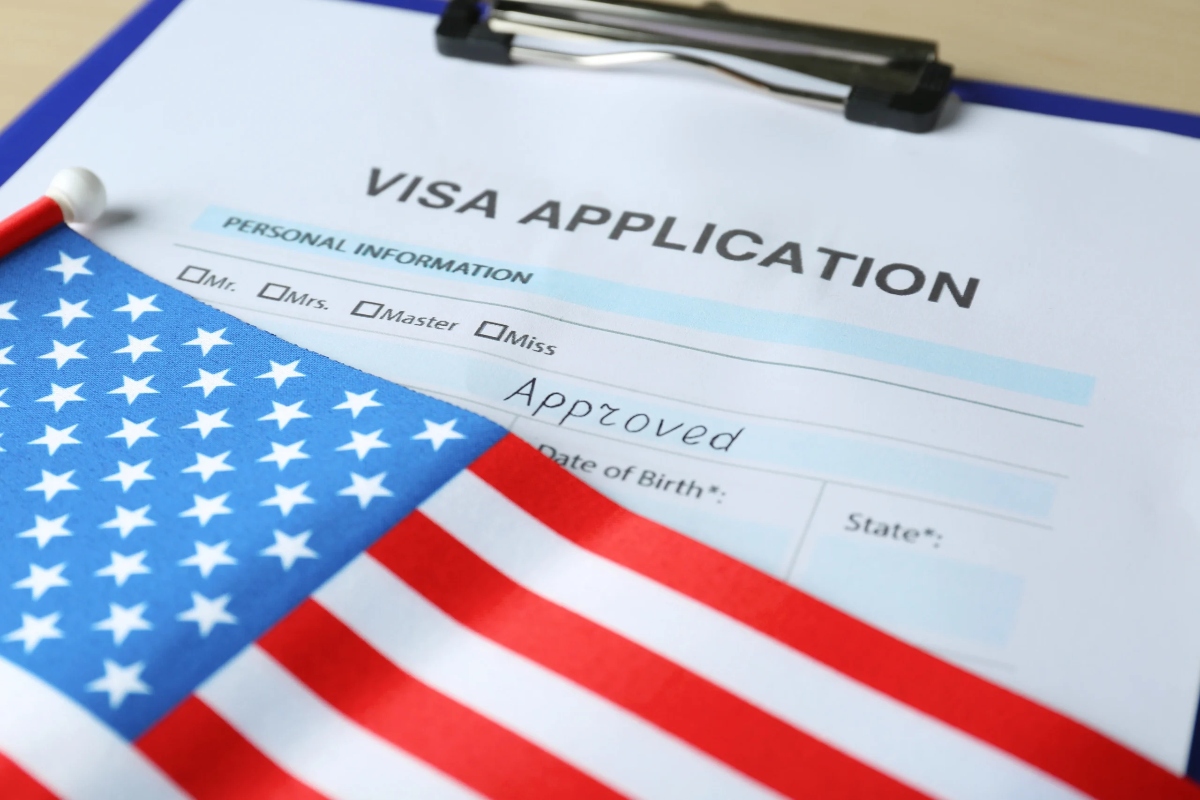
When it comes to documentation, mistakes can be subtle but devastating to your visa.
The State Department recommends immediately verifying any errors in the passport or visa issued, contacting the embassy if there are biographical errors.
A common problem is not bringing all the required paperwork to the interview, such as proof of payment of the US$185 consular fee in 2025.
Without that, you don’t even get in. Hanson pointed out that inconsistent finances are red flags: avoid random deposits that don’t reflect your actual situation, because consular officers are trained to spot that.
If your account jumps from zero to thousands just before applying, they will assume lack of economic roots.
In addition, in cases of legal inadmissibility, such as an unreported criminal record, denial is automatic under U.S. law.
For non-immigrants, test your strong ties to home, such as stable employment or family.
Previous trips to other countries help a lot, showing international experience and intention not to stay.
In contrast, zero travel history complicates everything, making you look like a risk.
The ex-consul advised waiting at least a year after a denial before reapplying, because insisting early smacks of desperation and worsens your profile.
In 2025, with reduced backlogs, there are more early slots, but only if you avoid these pitfalls.
Special cases and final tips
Some errors are specific and may surprise unsuspecting applicants on the way to the visa.
For example, pregnant women traveling to give birth face outright rejection, as it is seen as an attempt at birthright citizenship.
Hanson called it a classic ground for denial, even with papers in order.
Another case: not declaring social network profiles, now mandatory for students or visitors since June 2025, as part of national security reviews.
Hiding that leads to extra administrative processing, which lasts at least 180 days without premature queries.
In the interview, explain your motive precisely: business, studies or pure tourism.
Avoid ambiguities that suggest illegal migration.
The State Department emphasizes that decisions are based on law, not whim, so align everything with that.
If you are traveling for a school event or family reunion, say so clearly and with minimal evidence.
Hanson closed by saying that the key is transparency: officials value a coherent story more than a portfolio of documents.
With these tips, many have successfully navigated the process in 2025, reducing waits and increasing approvals.
Filed as: Mistakes when applying for visa in USA.
This article was originally published in Nueva News.



